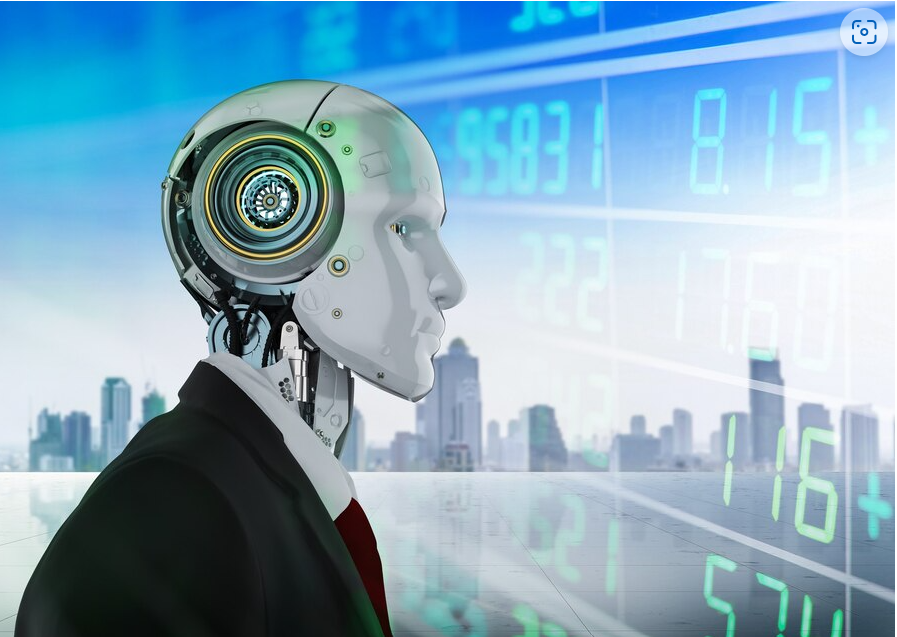1. Telemarketers and Customer Service Representatives
Telemarketers and customer service representatives are among the most at-risk jobs for replacement by AI. ChatGPT and similar AI tools can handle customer inquiries and complaints, and even make sales calls. This technology can work 24/7, without the need for breaks or vacations, making it a cost-effective solution for businesses.
2. Cashiers and Retail Salespeople
Cashiers and retail salespeople are also at risk of being replaced by AI. Self-checkout machines are already in use in many stores, and ChatGPT can be used to answer customer questions and provide product recommendations. This technology can also be used to track inventory and reorder products automatically.
3. Accountants and Bookkeepers
Accountants and bookkeepers are highly educated and highly-paid white-collar occupations that may be most exposed to generative AI. ChatGPT and similar AI tools can automate many of the tasks that accountants and bookkeepers perform, such as data entry, reconciling accounts, and preparing financial statements.
4. Administrative and Legal Assistants
Administrative and legal assistants are also at risk of being replaced by AI. ChatGPT and similar AI tools can handle scheduling, email management, and document preparation. This technology can also be used to conduct legal research and draft legal documents.
5. Data Entry and Processing Workers
Data entry and processing workers are at risk of being replaced by AI. ChatGPT and similar AI tools can automate many of the tasks that data entry and processing workers perform, such as data entry, data cleaning, and data analysis.
6. Journalists and Technical Writers
Journalists and technical writers are also at risk of being replaced by AI. ChatGPT and similar AI tools can write news articles, press releases, and technical documentation. This technology can also be used to fact-check and edit articles.
7. Drivers and Delivery Workers
Drivers and delivery workers are at risk of being replaced by AI. Self-driving cars and drones are already in use in some industries, and ChatGPT can be used to optimize delivery routes and track shipments.
8. Manufacturing Workers
Manufacturing workers are also at risk of being replaced by AI. ChatGPT and similar AI tools can automate many of the tasks that manufacturing workers perform, such as quality control, assembly, and packaging.
9. Retail and Warehouse Workers
Retail and warehouse workers are at risk of being replaced by AI. ChatGPT and similar AI tools can be used to track inventory, optimize stocking levels, and automate order fulfillment.
10. Medical Professionals
Medical professionals are also at risk of being replaced by AI. ChatGPT and similar AI tools can be used to diagnose diseases, analyze medical images, and even perform surgeries. While AI is not likely to replace doctors and nurses entirely, it will likely change the way they work.
ChatGPT and similar AI tools have the potential to revolutionize the way we work, but they also have the potential to replace jobs. The 10 jobs listed above are the most at risk of being replaced by AI, according to experts. However, it is important to note that AI is not likely to replace humans entirely, and that new jobs will likely be created as a result of this technology. It is up to businesses and workers to adapt to this new reality and find ways to work alongside AI.




















